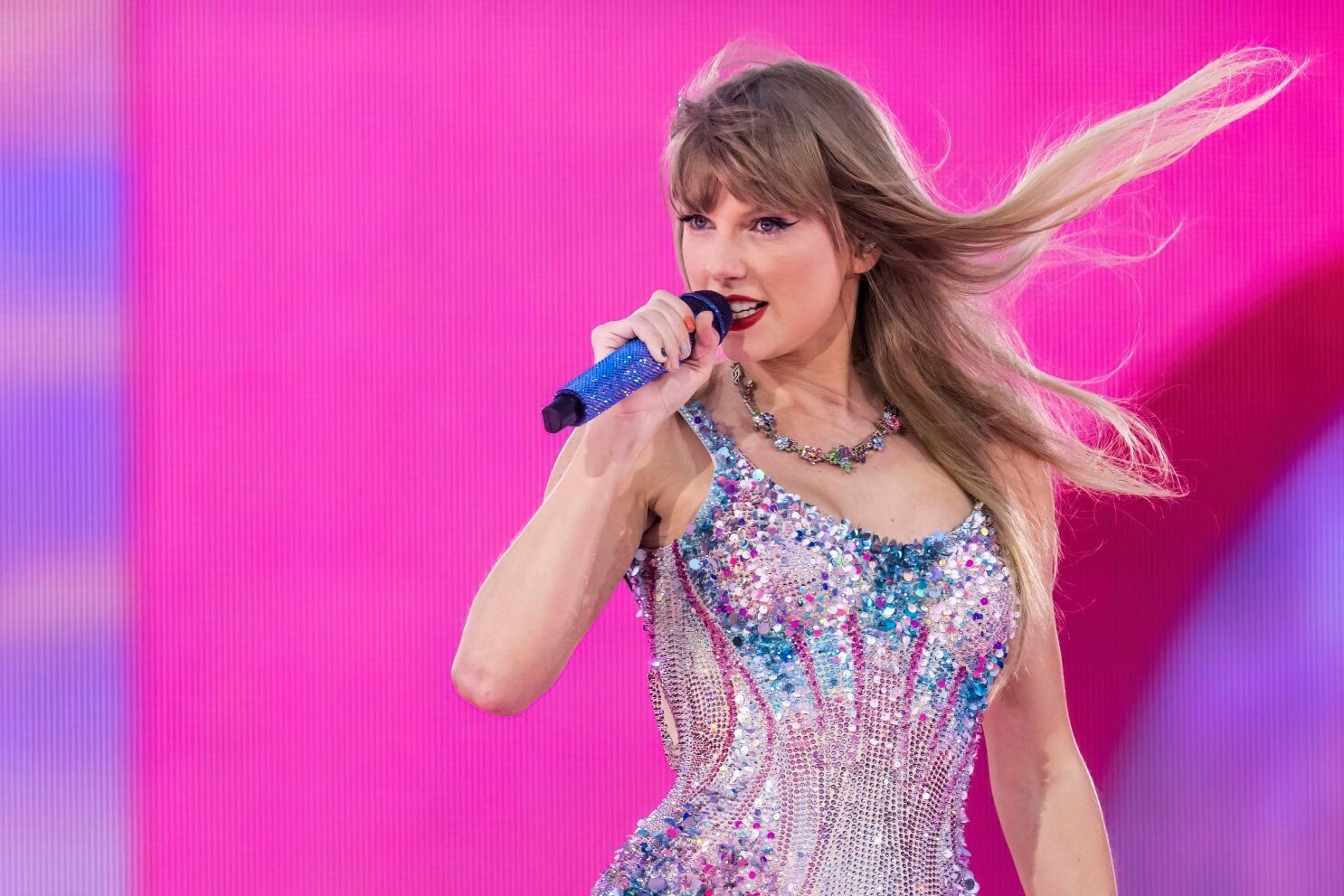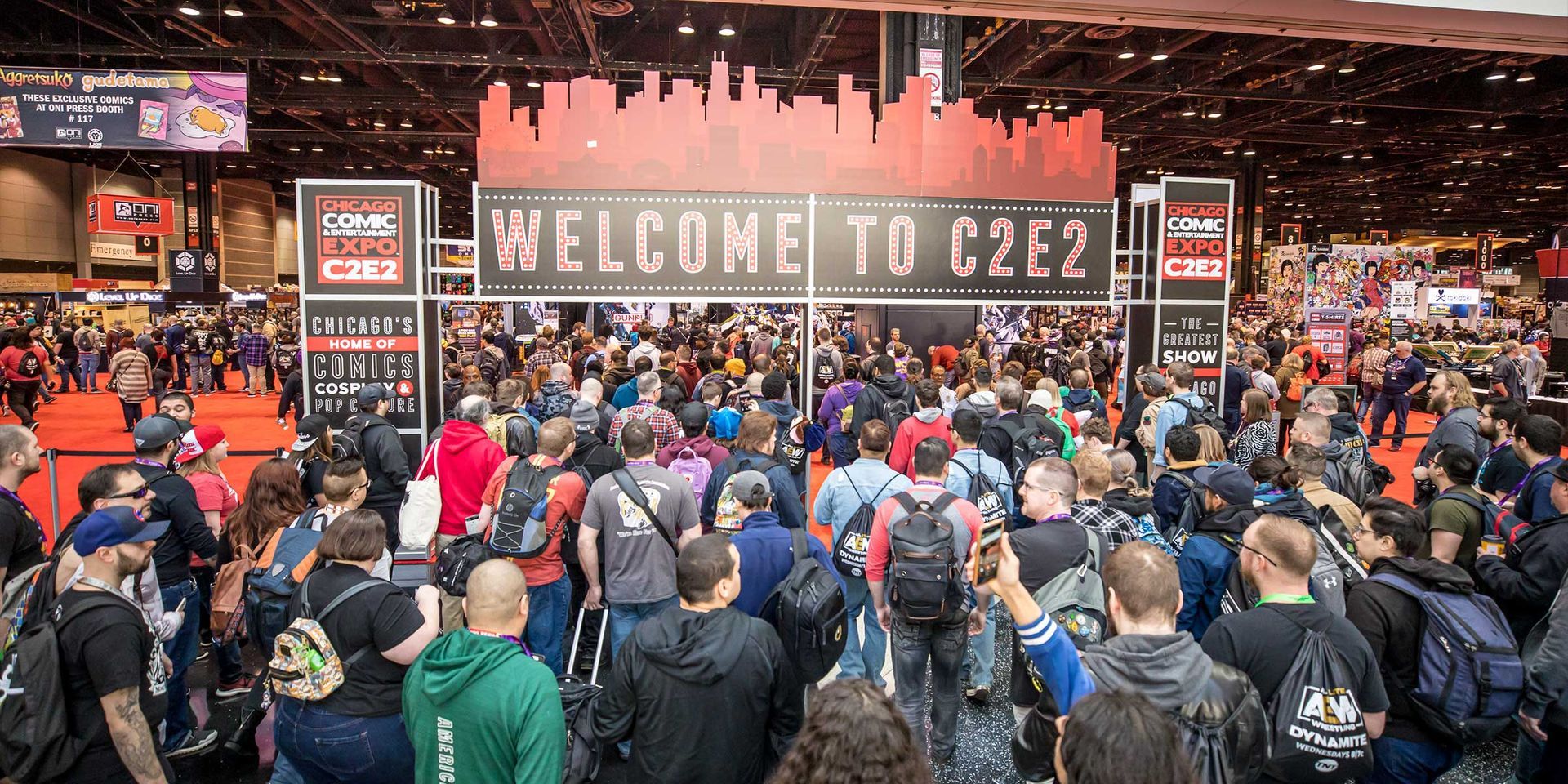INSIDER773
INSIDER773
Article
The TikTok Ban: What It Means for Chicagoans and the U.S.
January 12, 2025
As of January 2025, TikTok is staring down the barrel of a potential nationwide ban in the United States. The Supreme Court seems poised to uphold a federal law that mandates TikTok’s Chinese parent company, ByteDance, either divest its U.S. operations or face a ban set to take effect on January 19. This controversial decision has sparked heated debates across the country—including right here in Chicago.
What’s at Stake?
The U.S. government claims that TikTok poses a significant national security threat, alleging that user data could be handed over to the Chinese government or manipulated through TikTok’s algorithm. But TikTok, which boasts over 170 million U.S. users, is pushing back hard. The company argues that these fears are overblown and that a ban would violate Americans’ First Amendment rights.
For Chicago-based content creators, influencers, and small businesses, the stakes couldn’t be higher. TikTok has become a lifeline for promoting everything from local festivals and restaurants to home-grown brands. Losing the platform could disrupt a major avenue of connection between Chicagoans and the vibrant culture they share with the world.
A Legal Battle at the Highest Level
Back in April 2024, President Joe Biden signed bipartisan legislation that requires ByteDance to sell TikTok’s U.S. operations by January 19, 2025. TikTok has fought the law in court, but after repeated losses in lower courts, the company has turned to the Supreme Court. During recent hearings, several justices signaled that they might side with national security concerns over free speech arguments, leaving TikTok’s fate hanging in the balance.
Justice Brett Kavanaugh highlighted a key issue: Even if the President chose not to enforce the ban, companies like Apple and Google would face legal risks for hosting the app. This uncertainty has made it harder to imagine a last-minute save for TikTok.
The Fallout for Chicago
If the ban takes effect, TikTok would be removed from app stores, halting new downloads and updates. While users could technically keep the app, it would eventually become obsolete. For many Chicagoans—especially businesses and creators—the effects would be seismic. TikTok has been a crucial platform for promoting everything from neighborhood food tours to big-name events like Lollapalooza.
A Glimmer of Hope?
Interestingly, President-elect Donald Trump has hinted that he might explore options to halt the ban, despite being the one who first issued an executive order against TikTok in 2020. However, a quick sale of TikTok’s U.S. operations is complicated by Chinese export controls on the app’s key algorithms, making this an uphill battle.
Related Articles
Related Articles

April 8, 2025
The Taylor Swift Bar Crawl: Eras, Exes & Everything Taylor takes place on April 12, 2025, across multiple bars in Wrigleyville. Fans can enjoy themed drink specials, giveaways, and DJs playing Taylor's biggest hits from every era. Costumes are encouraged, so come dressed as your favorite version of Taylor. It’s a fun, Swiftie-filled night celebrating all things Taylor Swift.

April 8, 2025
The Chicago Tea Festival 2025 will take place on April 12-13 from 10 a.m. to 6 p.m. at the Copernicus Center in Chicago. This annual event celebrates global tea culture and welcomes tea lovers, experts, and enthusiasts. General admission is $30 at the door, and VIP tickets are $79, with all tickets sold online. The festival is run by a nonprofit team of dedicated volunteers and features vendors, guest speakers, and educational sessions.

April 8, 2025
C2E2 2025 takes place April 11–13 at McCormick Place in Chicago, featuring comic creators, celebrity guests, panels, cosplay, and more. Big names like John Boyega, Elijah Wood, Molly Ringwald, and cast members from X-Men: The Animated Series will be in attendance. Tickets for Friday and Sunday are still available, but Saturday and VIP passes are sold out. Attractions include Artist Alley, Cosplay Central, Family HQ, and the Pride Lounge.
© 2024 INSIDER773 All rights reserved | Privacy Policy | Terms of Service | Sitemap